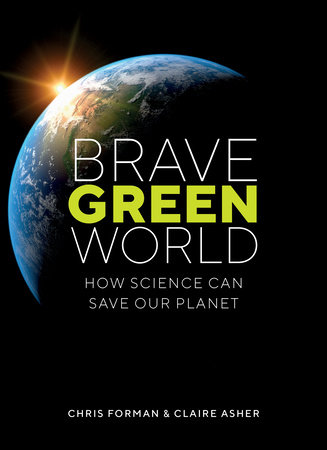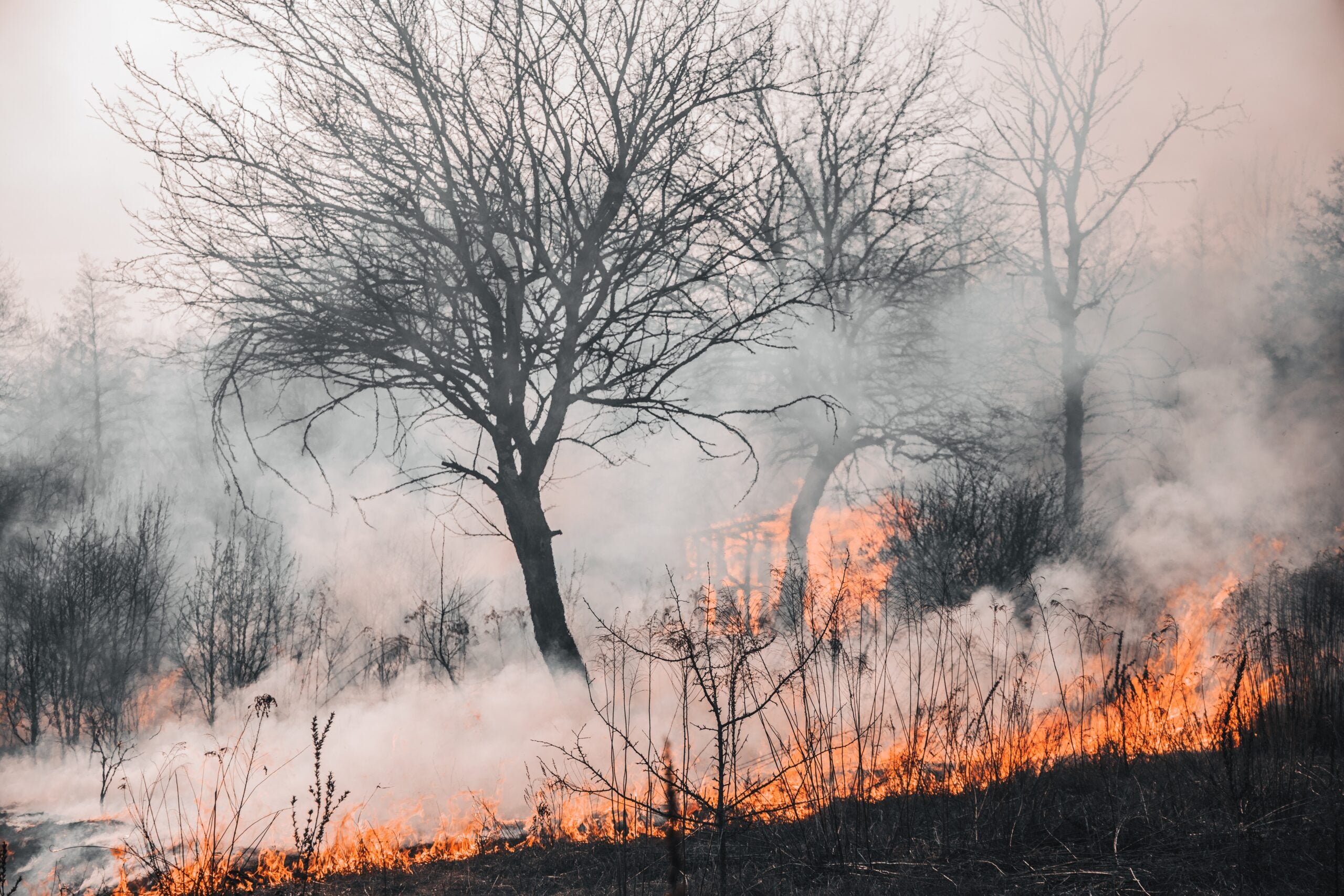Foreword by Dame Ellen MacArthur
Chapter One: Planet Energy
Where does planet earth find its energy?
Chapter Two: Circular Ecology
Solutions found by nature
Chapter Three: Humanity's Linear Systems
Where the end product is waste
Chapter Four: The 3D Printer
The game-changer of additive manufacturing
Chapter Five: Synthetic Biology
Creating a new kind of biologies
Chapter Six: Emergence
-When what's made is more than the sum of its parts
Chapter Seven: Artificial Intelligence Algorithms
-The magic ingredient
Chapter Eight: The Digital Process
-Smart materials
Chapter Nine: The Cities of the Future
-Log on and print out your shopping
Chapter Ten: Taking It Further
-Space travel and the bottleneck




